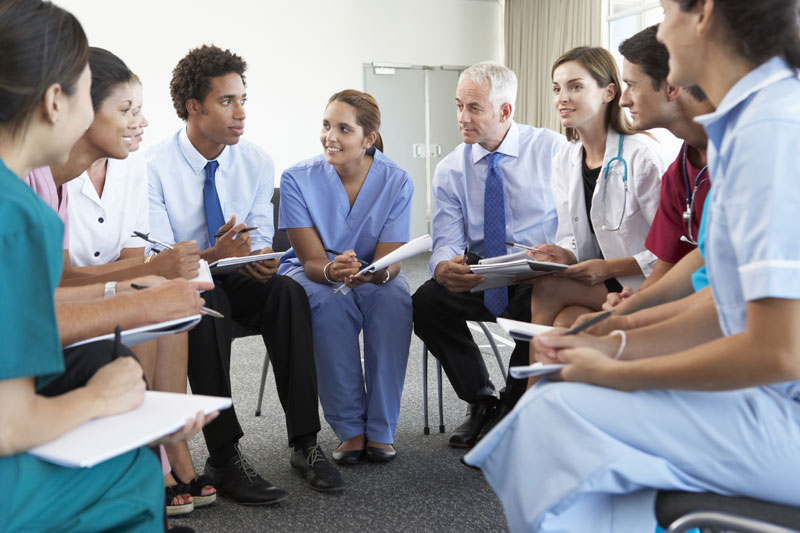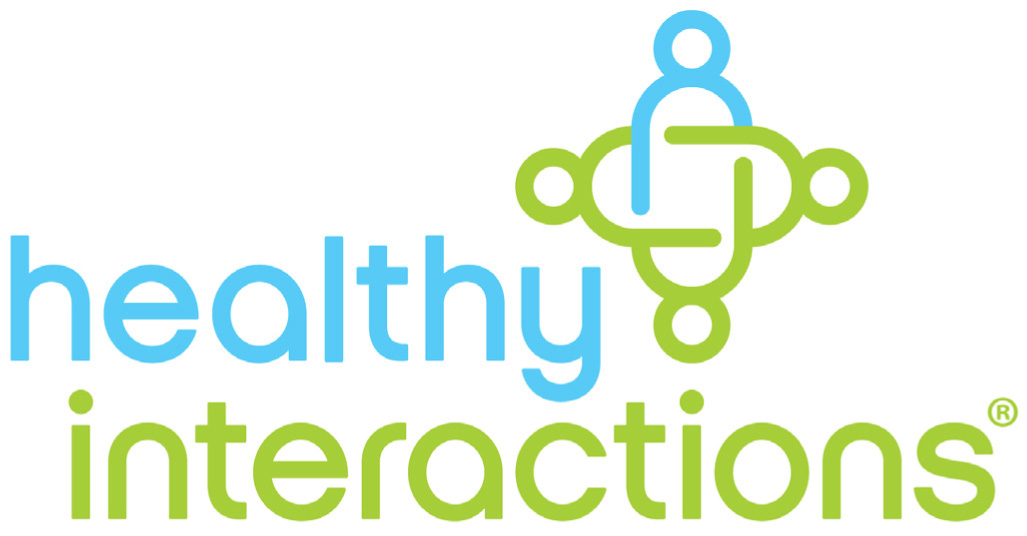Continuing Education Webinar
The Diabetes Educator Role In Delivering DSME/S in Healthcare Systems
Tuesday, March 15, 2016 | 11:00 am - 12 pm EST
 DSME/S has been shown to improve clinical care outcomes and is associated with a decrease in the costs associated with hospital admissions and complications. It also has been shown to increase the quality of life for people living with type 2 diabetes. The learning outcome of this program is to increase the knowledge of diabetes educators about when people with Type 2 diabetes should be referred to DSME/S, how DSME/S should be provided, and to understand the barriers that limit access to DSME/S. Diabetes educators are an integral part of the health system and can help to drive provider referrals for this important service that has proven positive outcomes.
DSME/S has been shown to improve clinical care outcomes and is associated with a decrease in the costs associated with hospital admissions and complications. It also has been shown to increase the quality of life for people living with type 2 diabetes. The learning outcome of this program is to increase the knowledge of diabetes educators about when people with Type 2 diabetes should be referred to DSME/S, how DSME/S should be provided, and to understand the barriers that limit access to DSME/S. Diabetes educators are an integral part of the health system and can help to drive provider referrals for this important service that has proven positive outcomes.
Learning Outcome:
The learning outcome of this program is to increase the knowledge of diabetes educators about when people with type 2 diabetes should be referred to DSME/S, how DSME/S should be provided, and to understand the barriers that limit access to DSME/S. This knowledge can assist educators in increasing DSME/S referrals.
Learning Objectives:
- State when to refer individuals with type 2 diabetes to DSME/S
- Describe the guiding principles as to how DSME/S should be provided
- Identify the critical times to assess, provide, and adjust DSME/S
- Define the barriers and solutions to the provision of DSME/S
Who Should Attend:
- Nurses
- Dietitians
- Pharmacists
- CDEs
Details:
Requirements for Successful Completion: For successful completion, participants are required to be in attendance in the full activity, complete and submit the program evaluation at the conclusion of the educational event.
Activity Type: Application Based
This activity has no commercial support or sponsorship. Planners disclose no conflict of interest relative to this educational activity. Faculty/Presenters/Authors/Content Reviewers disclose no conflict of interest relative to this educational activity. For successful completion, participants are required to be in attendance in the full activity, complete and submit the program evaluation at the conclusion of the educational event.
 This continuing nursing education activity was approved by the American Association of Diabetes Educators, and accredited approver by the American Nurses Credentialing Center’s Commission on Accreditation. The program, 2016-003, is approved for 1.0 contact hours.
This continuing nursing education activity was approved by the American Association of Diabetes Educators, and accredited approver by the American Nurses Credentialing Center’s Commission on Accreditation. The program, 2016-003, is approved for 1.0 contact hours.

The American Association of Diabetes Educators is accredited by the Accreditation Council for Pharmacy Education as a provider of continuing pharmacy education. This program provides 1.0 contact hours (0.1 CEU’s) of continuing education credit.

The Commission on Dietetic Registration has approved this activity for 1.0 CPEU.
 This activity is Co-Provided by Healthy Interactions and the American Association of Diabetes Educators.
This activity is Co-Provided by Healthy Interactions and the American Association of Diabetes Educators.
Approval of this educational offering by AADE does not imply endorsement of specific therapies treatments, or products discussed in the presentations.
Cost: FREE
Our Speakers:
Barbara Eichorst MS, RD, CDE, Vice-President, Clinical
Barbara is an internationally known asset in the chronic disease management arena, and brings extensive clinical care and program administration experience to Healthy Interactions, with a driving passion and generous dose of joy. She is currently leading the development and implementation of the global training for its diabetes franchise. As an educator with experience in medical continuing education and patient interventions, Barbara has contributed much to the advancement in diabetes care. In her career, Barbara served as Program Director for the American Association of Diabetes Educators, the diabetes educator for a national insulin program, and diabetes program manager for primary care network at Rush University Medical Center. She has also provided weight management, cardiac, eating disorder, renal, and oncology Medical Nutrition Therapy at Loyola University Medical Center as well as Northwestern University Medical Center. In addition to publishing numerous articles, Barbara reviews several diabetes-related publications and serves as a committee member for NCBDE and other practice associations. She received her Master of Science degree in Nutrition Education from Eastern Illinois University, and her Bachelor of Science Degree in Chemistry and Dietetics from Olivet Nazarene University. Most recently, she has been working toward her doctorate in a field of clinical care.

